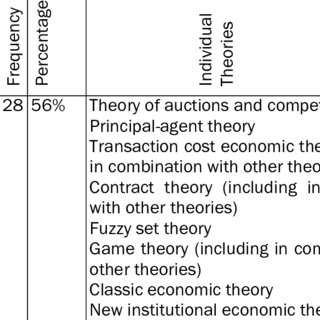By Elena Kornienko.
Any opinions expressed are those of the author, and do not necessarily reflect the views of Iraq Business News.
A few months ago I was approached by one of my LinkedIn connections, an expat based in Iraq, with an exciting training opportunity for one of the largest oil companies in the region.
Some messages back and forth to clarify details and I am asked to submit a proposal and training programs content. And at this point of time my inner voice of procurement professional with 17 years of buying goods and services for various companies started asking me questions: “Why you have not received an official enquiry and all correspondence is LinkedIn based? “ – “Well, that’s how the modern world works these days! Social media became integral part of our lives”. My inner voice said: “Ok, fair enough. But why this person did not use corporate e-mail account?” – “Well, it is easier to keep correspondence on a subject in one place, and it will be easier to refer to all discussion details”.
And my inner voice was satisfied with that explanation too. But it kept asking me more questions: “If that is a formal inquiry for services, it have to come using company’s standard, and this company absolutely have templates and even automated procurement system…”, and the next question was “Submission of training materials to a client is always subject to signing “Non-disclosure agreement” where Intellectual Property Rights are clearly defined. So why it does not happen this time?”. And that was the time when I listened to my inner voice and started asking the same questions the potential counterpart. It did not take long to understand that it was a fraud inquiry with a purpose of stealing information which was covered by big and famous name…
It is not a secret that most of International Oil Companies, including the ones which operate in Iraq, have as a part of their contract template schedule “Code of Business Conduct and Ethics” and a failure to comply with all rules is considered as material breach of a contract which leads to further collection of damages or early termination. This contract schedule establishes company’s standards that include business practices and regulatory compliance that applies to all company’s employees.
These standards are expected to be followed by contractors as a part of commitment to execute contracts in trustful and faithful manner. For those of readers who did not come across with such contract articles, here just a few examples of what is typically covered: alcohol and drug policy, insider information trading, bribery, corruption, business records, confidential information, computer and system security, conflict of interest, gifts, engagement with media and information partners. This is typical content of “Code of Business Conduct and Ethics” which is adopted by most of the players in the Oil and Gas industry, however is it enough to make sure that all parties involved are acting in a good faith to all concerned?
The Chartered Institute of Purchasing and Supply (CIPS) developed and implemented Corporate Code of Ethics with more focus for procurement professionals. It guides companies on ethical behavior in supply chain and promotes usage of procurement strategies to drive away unethical practices from the supply chain, assists to ensure that procurement decision minimize any negative impact, helps to put ethical policies and procedures in place to ensure compliance and the most important – mandates the education and training of all staff involved in sourcing, contractor selection and management to professional standards. Great initiative that helps not only companies, but procurement professionals to set and follow rules of ethical procurement. It promotes professional behavior of procurement personnel who have the biggest exposure in a company for potential fraud and corruption.
While some of the companies are more advanced in implementing and following ethics standards in procurement, for others it is a new unknown road. Iraq has its own challenges in procurement and we can all contribute the development of ethics in supply chain by letting our inner voice ask questions even in circumstances when we feel great excitement for fantastic business opportunity.
Elena Kornienko has more than 15 years of professional experience in contracts, procurement and tendering in various roles from demand-identification to contract close-out. She has worked on major international oil and gas projects, including the Sakhalin-1 and Sakhalin-2 fields in Russia, and Iraq’s West Qurna-2. Now based in Dubai, she provides consultancy services to the oil and gas industry. Elena is a fluent English and Russian speaker, and a graduate of the Moscow State University of Commerce, holding a degree in Economics. She also graduated with distinction from the School of Business Administration at Portland State University and holds a CIPS diploma.
(Picture: Ethics signpost, from 3D-creation/Shutterstock)

